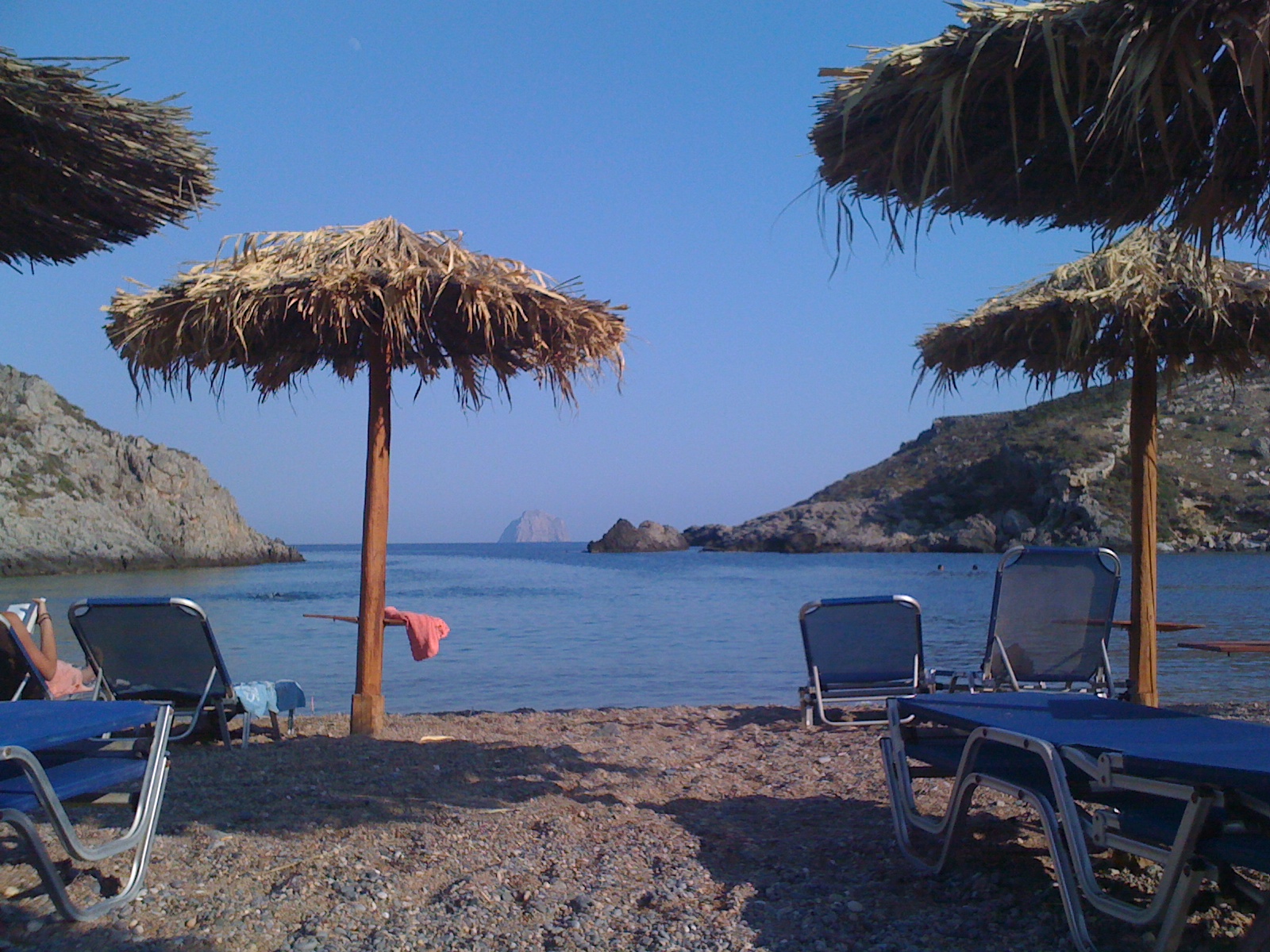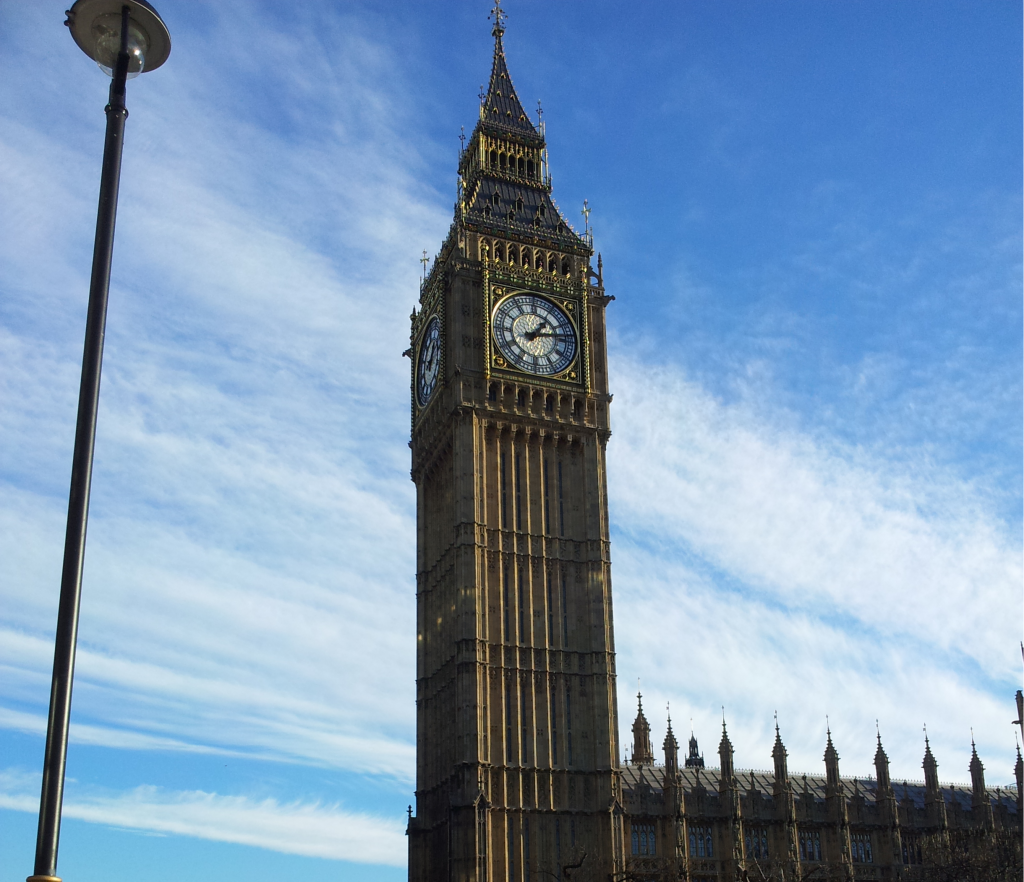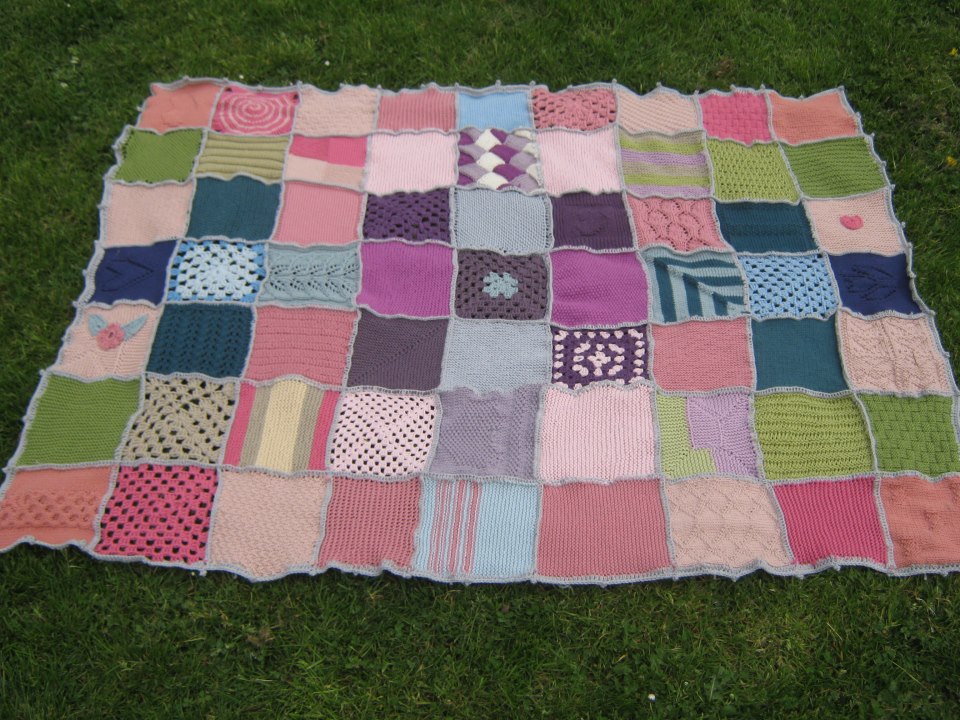Kids computing – there’s a lot of talk going on about it right now. What do you learn about computing in your school? Are they teaching you how to make cool video games? How to come up with a story that makes sense, how to make sure that it’s engaging, that there are challenges at each level, and that there’s a reward at the end? How to build that?
How to make the bird you toss flop realistically into a pile of whatever you choose – making sure that gravity works the way you would expect it to (or not). How to craft the graphics you need to tell your story? How to publish that to your own smartphone and to share it (or sell it!) to friends and strangers?
Hmmm, I didn’t think so. “ I’d rather just do some Power Point and Word exercises, “ said no kid, ever.





